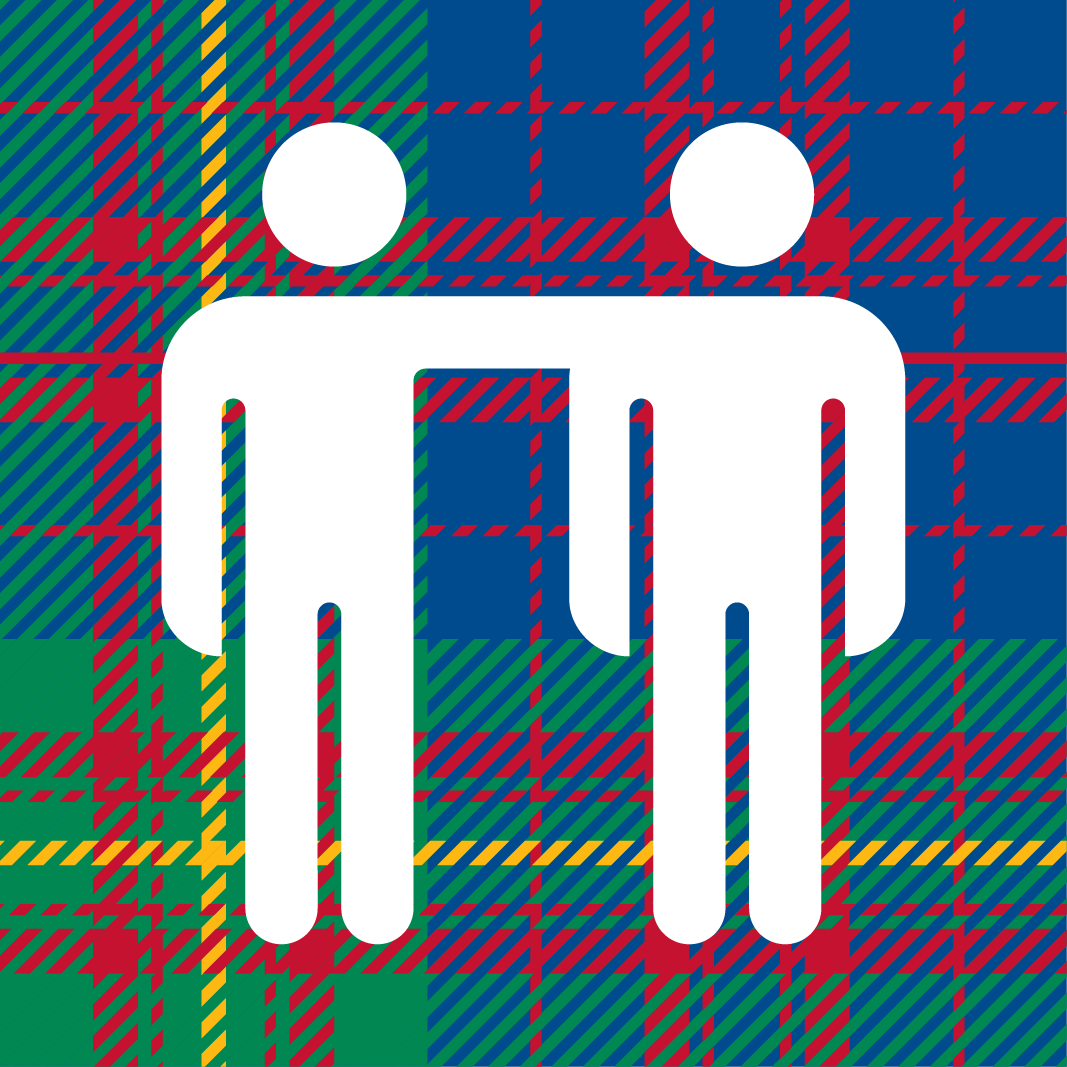We have all seen it happen before - someone with a following does something or says something wrong or hurtful, and as a consequence, support for them is completely withdrawn. Followers see their “canceling” as a way to keep those in power responsible for their actions in a collective act of shaming; sometimes the events that are called out happened many years ago, while others are called out immediately after the fact. Removing support is seen as a collectively enforced justice. Sometimes canceling can exist on a more personal level as well, for example, asking all those who don’t agree with your political stance to unfollow you on social media or no longer be your friend.
We live in a time of call-out and cancel culture, and this week, we would like to discuss how we navigate it. Should we participate in “canceling” public figures? What about canceling previously unknown people on the internet? If a cancellation is occurring that we disagree with, what should we do? How about friends who support public figures we don’t agree with? When do we ignore others whose beliefs we disagree with, when do we try to educate them, when do we ignore the disagreement? How do we make sure we don’t get “canceled”? If we are canceled, what can we do?
How do we strive to move forward to create a more just world, and advocate for the culture we want to see in it? Is cancel culture an effective way to do this? What other mechanisms do we have?
